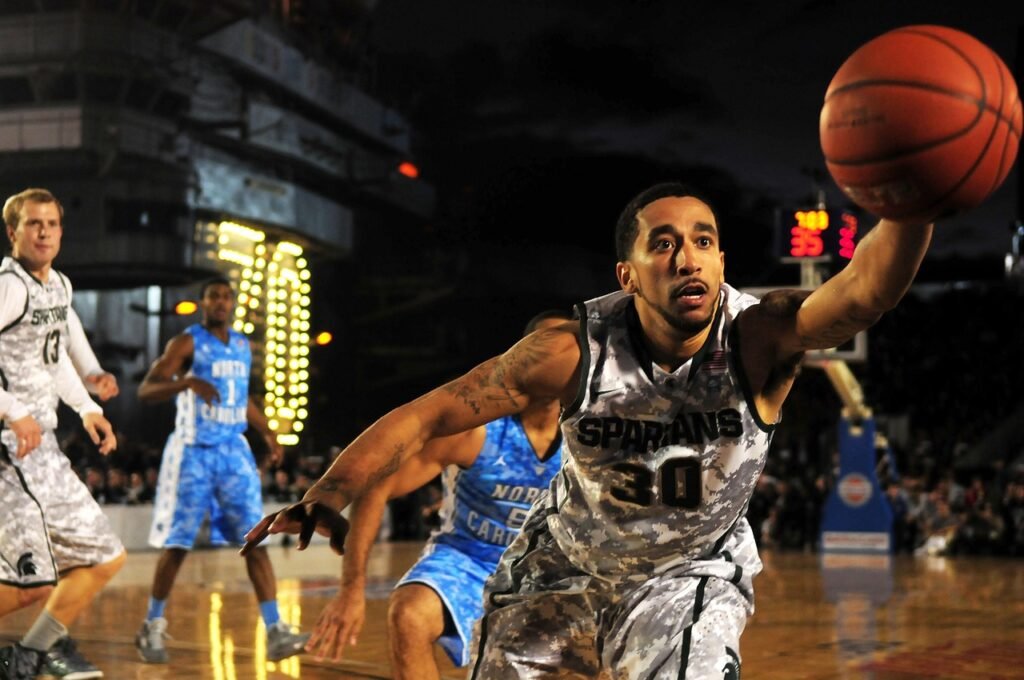
[Photo Courtesy of: ATELIER Magazine Staff/Stock]
The advent of Name, Image, and Likeness (NIL) deals has revolutionized the landscape for college athletes, especially for minorities. Since the NCAA allowed student-athletes to profit from their personal brand, minority athletes have seen an influx of opportunities that not only boost their financial standing but also elevate their visibility in the sports industry. In 2024-2025, brands are increasingly recognizing the power of minority athletes, forging partnerships that celebrate diversity while expanding their own reach.
One of the biggest advantages of NIL for minority athletes is the ability to monetize their presence beyond just their athletic performance. Through endorsements and sponsorships, these athletes can share their unique stories, connect with fans, and influence product choices in powerful ways. Many brands are now aligning with athletes who represent different backgrounds, creating a more inclusive market environment.
Notable brands have embraced this shift, understanding the value of supporting diverse talent. Gatorade, for instance, partnered with several minority athletes, including track star Athing Mu, to promote hydration and performance products while also highlighting their journeys. Nike, a major player in sports apparel, continues to expand its NIL deals, adding athletes like basketball player Ziaire Williams to its roster, celebrating not only his skill but also his impact off the court.
Beats by Dre also tapped into NIL with Jada Williams, a rising basketball star who is known for her social media influence and advocacy for mental health awareness. Finally, Under Armour struck a deal with football star Bryce Young, using his platform to promote sports and community engagement initiatives.
For minority athletes, NIL deals in 2024-2025 represent much more than financial compensation—they offer a platform to share their stories, amplify their voices, and make lasting impacts on both the sports world and broader society.